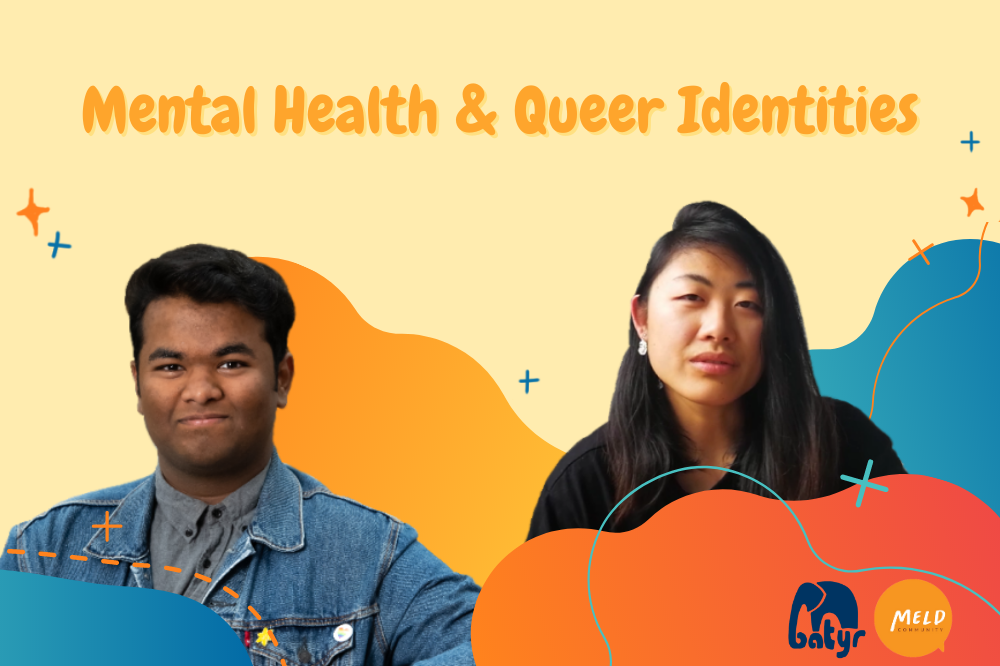Queer Identities and Self-Hatred: How the Views of Those Around Us Shape the Way We Explore and Express Ourselves
“It wasn’t until I came to Australia that my friends back home told me they were gay. I think it was the environment in Australia that made them think that they could tell and share this with me,” Fei Fei added.
The topic of queer love and queer identities is one that is taboo is many cultures.
This is especially true for International students in Melbourne. For many, exploring and accepting one’s queer identity is something that they can’t even begin to imagine doing back home, and doing so in Melbourne isn’t as easy as it seems either.
As asserted by Struby Struble, coordinator of the Missouri University LGBT Resource Center, many international students experience a ‘double barrier’ where they feel out of place in both the domestic LGBTQIA+ community and the international student community as well.
Because they can’t truly relate to domestic LGBTQIA+ struggles, they feel out of place among domestic students, but because students from their own communities may remind them of the prejudices their culture holds against them, they may feel scared to fully come out to these friends as well.
I talked to two international students Fei Fei and Akand, who attended batyr’s being herd workshop and batyr mental health advocates, a nonprofit organization that supports young Australian’s mental health.
“Many people don’t think that girls should be with girls, and that it’s inappropriate and strange,” says Fei Fei. She identifies as pansexual. “It’s not a topic you can openly talk about in China,” She added.
The fear of being ostracised and shunned by the very community you grew up in is something that most people aren’t ready to face. It often takes a lot of courage and trust for someone to come out to those around them.
Sometimes, it even takes a friend moving away to a whole new country before you think they’re ready to know you’re queer.
“It wasn’t until I came to Australia that my friends back home told me they were gay. I think it was the environment in Australia that made them think that they could tell and share this with me,” Fei Fei added.
At first glance, it’s easy to chalk up this inability to explore and express themselves as a result of fear and fear alone.
But Akand, who identifies as both pansexual and gender non-binary, shares their insights on how self-hatred and mental health plays a big part in this, too.
“Growing up in India, it was very culturally conservative and a really toxic place for LGBTQI+ people,” says Akand. “I never really felt like I was a part of the community for the longest while. I think I’ve always repressed emotions and feelings that I had that weren’t heteronormative.”
Memories of suicide threats from their mother if they were to ever come out as anything other than cis and straight is something that has stuck with Akand since the age of 11.
Accompanied by the fact that gay and trans people are rarely ever acknowledged or talked about in India, Akand began to develop a lot of internalised homophobia, transphobia and hate.
“For me to even think about myself in that orientation, I had to get over the bump of hating myself and other people for being themselves, all my prejudices and anger,” Akand added. “Until now, I still haven’t come out to my family.”
Having a support system around you, whether that be your friends or family, is important when it comes to exploring and expressing yourself in ways that may seem daunting.
The fear that comes with going against cultural norms and the self-hatred that may stem from that fear can be detrimental to one’s mental health.
“When I came [to Australia], I finally was in an environment where a friend of mine was very comfortable with expressing their sexuality and experiences,” Akand continued. “That really allowed me to normalise these feelings and take away any weird notation of the LGBTQI+ community.”
Fei Fei also feels the same way. “I have good friends who are very supportive and I can talk to them without any problems. It’s actually really liberating and really good for my mental health because I can be open and just myself.”
batyr is launching a new mental health program to support international students like Akand and Fei Fei. Register for the onlinelaunch event on Thursday 29th October at 4pm – 5pm AEDT.
If you are feeling down know someone who is, you can seek help through hotlines such as:
Lifeline at 13 11 14,
BeyondBlue at 1300 22 4636,
Headspace at 1800 650 980.
QLife at 1800 184 527, If you identify as a member of the LGBTQIA+ community,
Students may also seek help from in-house university counsellors or helplines.
